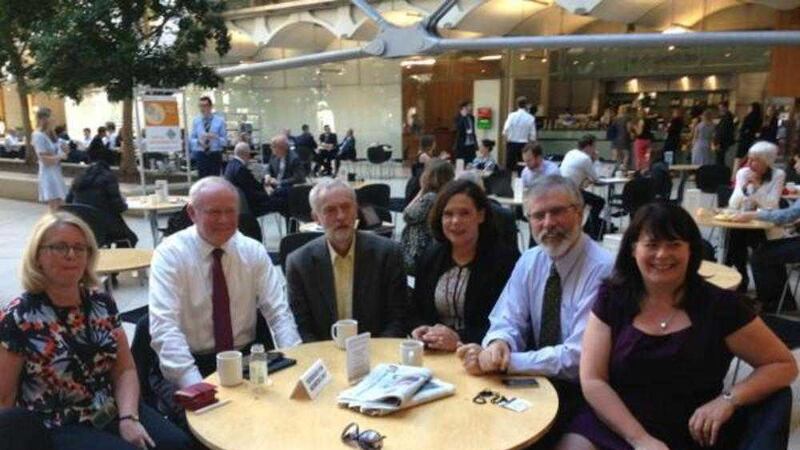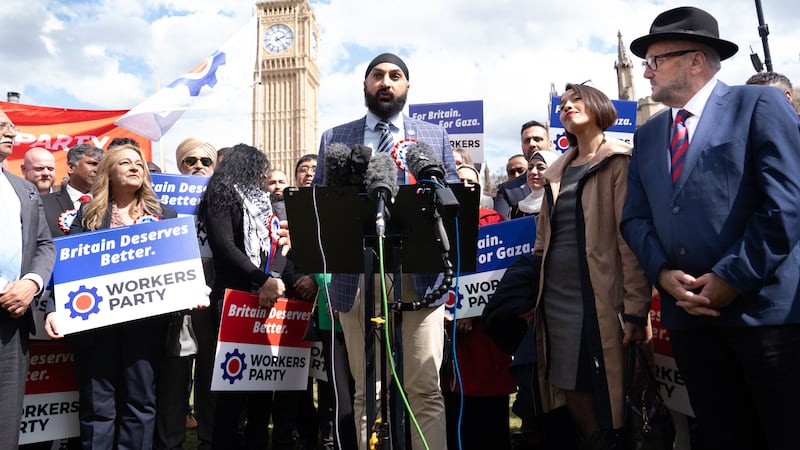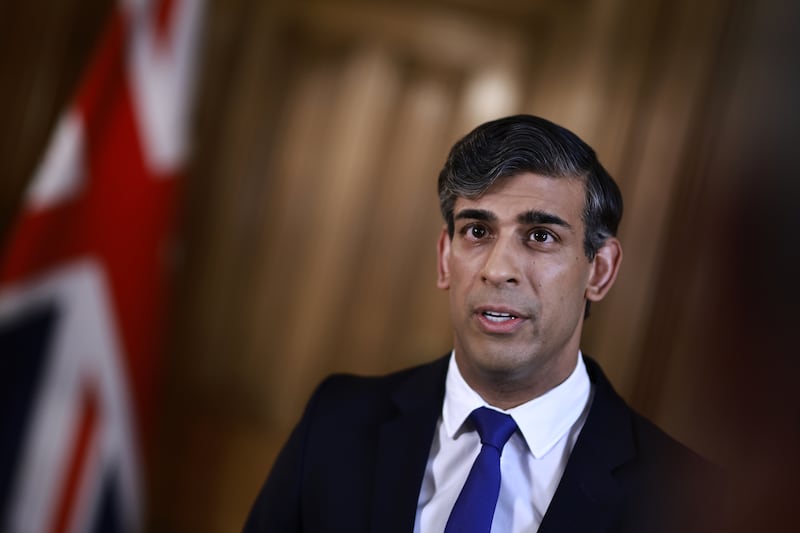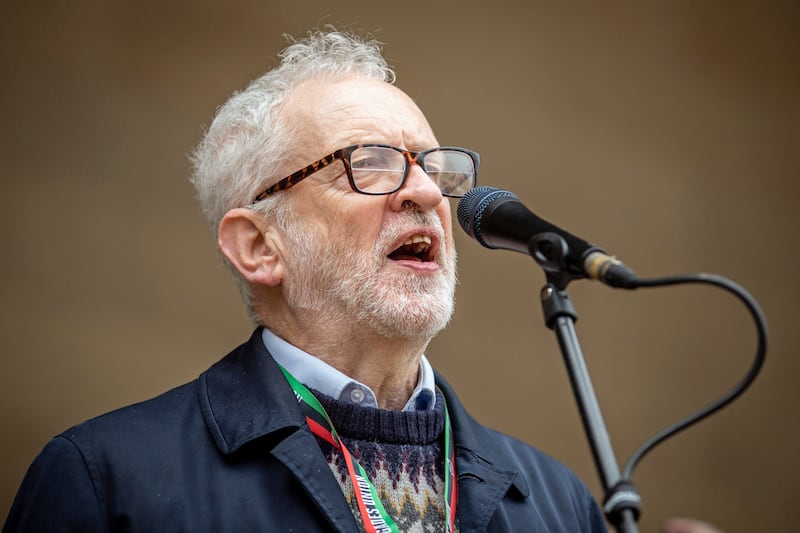A PHOTO posted on Twitter by Gerry Adams in July neatly summed up where Jeremy Corbyn’s Irish sympathies lie.
"With Jeremy Corbyn and the comrades," wrote the Sinn Féin leader, showing Mr Corbyn enjoying coffee and a chat in Westminster beside a senior republican delegation including Mary Lou McDonald, Michelle Gildernew and Martin McGuinness.
Quite unlike previous leaders of the two mainstream British parties, the new Labour leader could never be accused of sitting on the fence as regards his views on Irish affairs.
The 66-year-old, who won the Labour leadership by a landslide with almost 60 percent of first preference votes, campaigned for the release of the Guildford Four, who had their convictions for IRA pub bombings in England overturned.
The MP for Islington North, a backbencher for over 30 years, is a long time supporter of a united Ireland.
Unionists have generally viewed Mr Corbyn’s candidacy with suspicion, and in statements released over the weekend called on him to "clarify" comments made previously about Irish unity and the IRA.
UKIP MLA David McNarry said his leadership would be "a terrible prospect for Northern Ireland."
During the Troubles Mr Corbyn regularly addressed meetings of the Troops Out movement, urging the withdrawal of British troops from the north, and caused controversy by inviting Gerry Adams to Westminster in 1984, just weeks after the Brighton bomb.
He also reportedly observed a minute’s silence in 1987 for the eight IRA members killed by the SAS in Loughgall, Co Armagh.
Last month, as his leadership campaign gathered momentum, Mr Corbyn repeatedly refused to directly criticise the actions of the IRA in a radio interview.
He told the BBC: "Look, I condemn what was done by the British Army as well as the other sides as well. What happened in Derry in 1972 was pretty devastating as well."
"We gained ceasefires, they were important and a huge step forward. Those ceasefires brought about the peace process, brought about the reconciliation process which we should all be pleased about. Can we take the thing forward rather than backward?"
In addition to his views on a united Ireland, Mr Corbyn told a crowd at a debate at Feile an Phobail in west Belfast last month that he was against standing Labour candidates in the north.
He said: "There’s no great wish in the rest of the party to organise in Northern Ireland."








